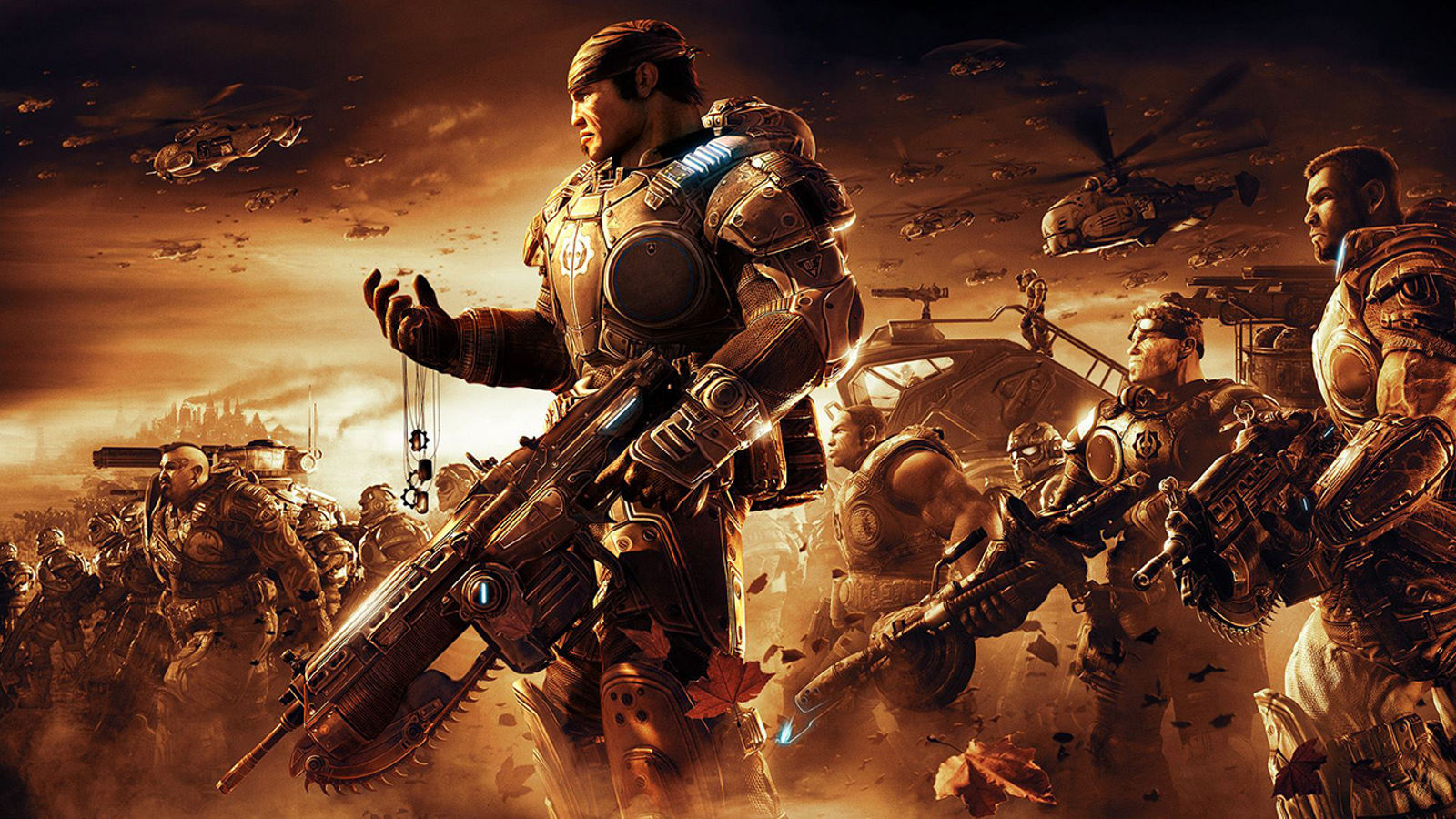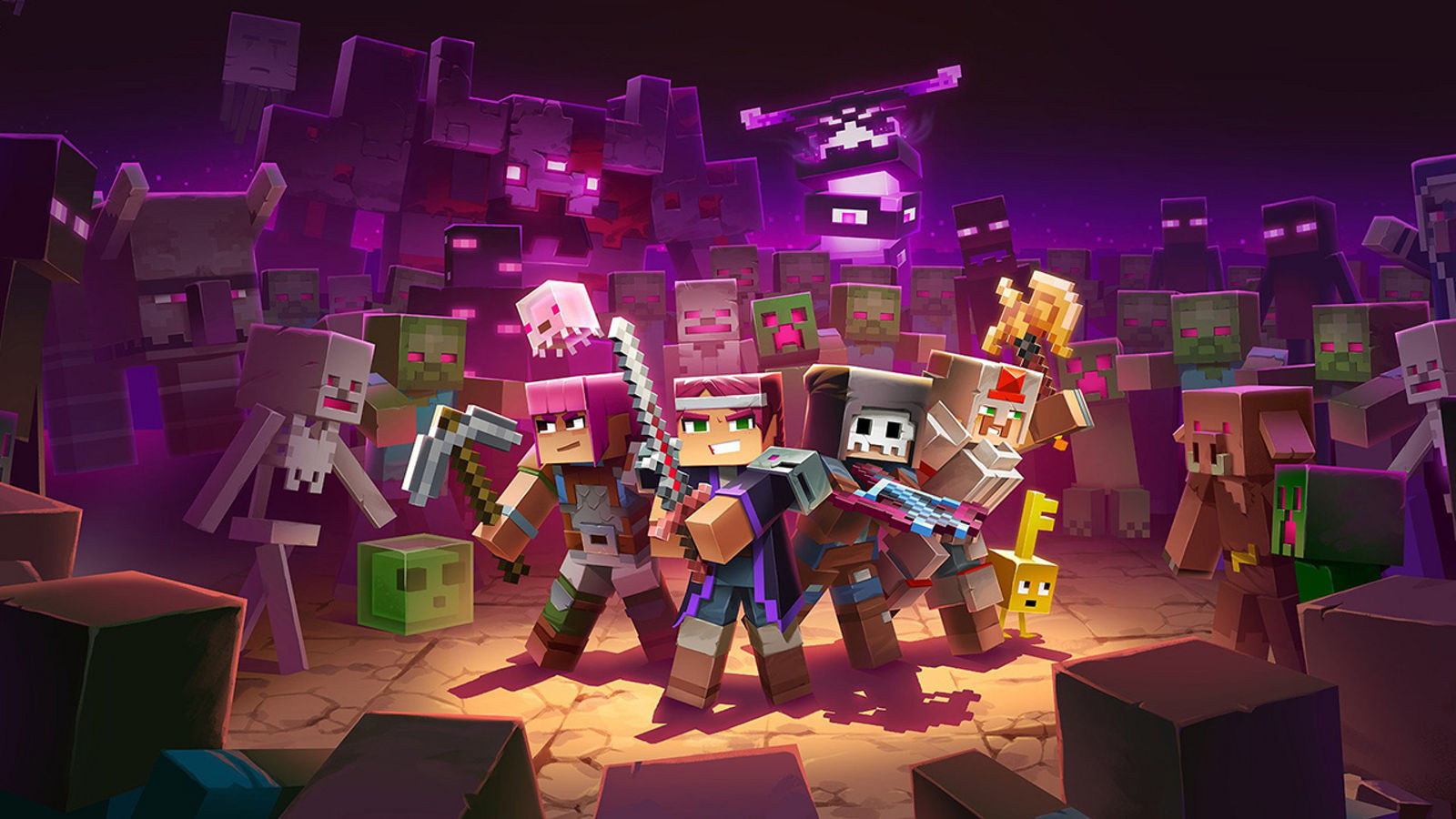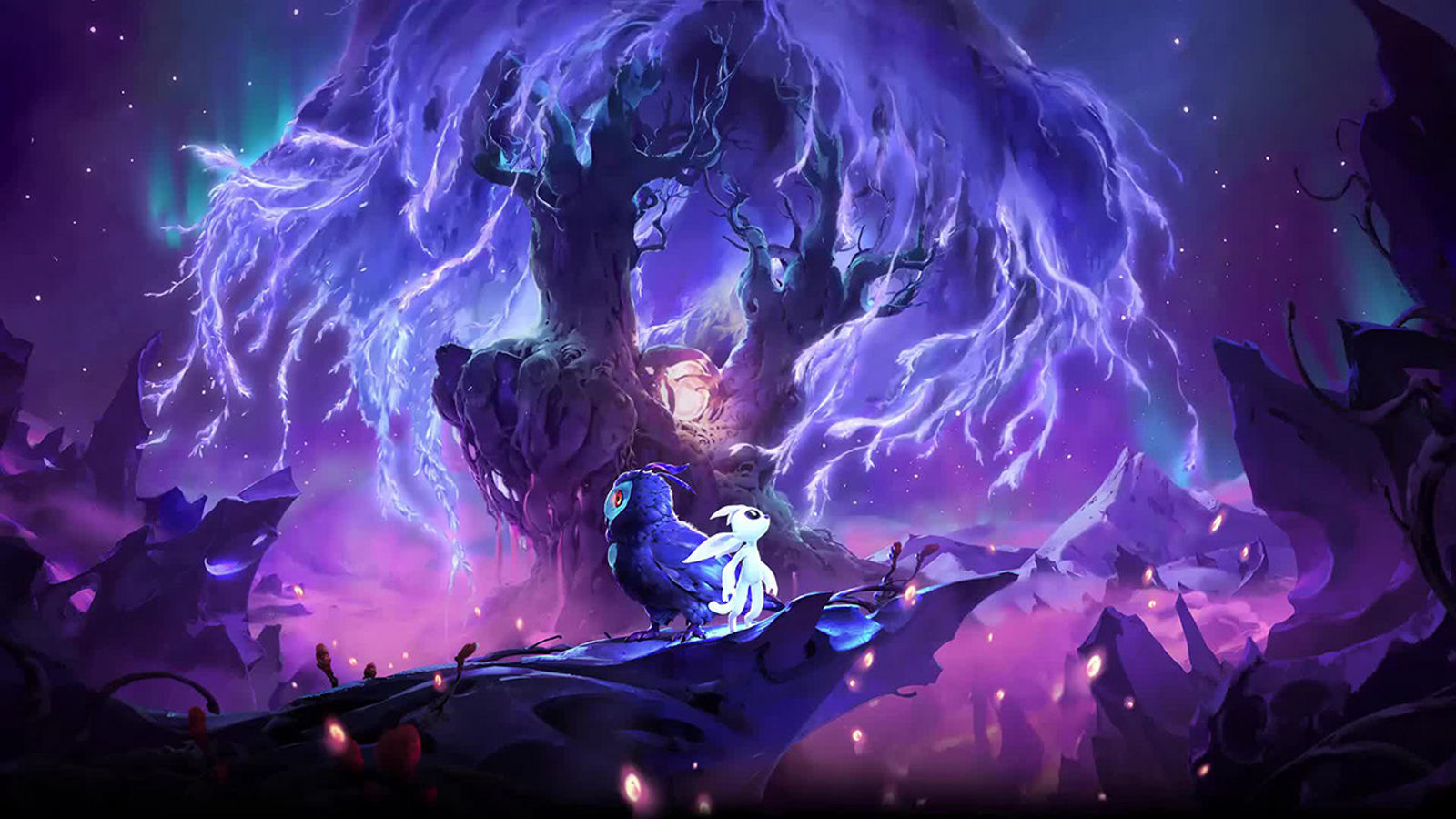Begin your Game Development Journey
Embark on an exciting journey of game development to unleash your creativity, forge a fulfilling career, and make a lasting impact in the world of gaming.

Game Industry Disciplines
- Animation
- Audio & Music
- Business & Marketing
- Engineering & Programming
- Game Design
- Infrastructure & LiveOps
- Production
- Quality Assurance
- Visual Arts

Animation
The animation career path in game development involves creating lifelike movements, expressions, and actions for characters, objects, and environments within games. Animators specialize in different areas such as character animation, 3D animation, motion capture, cinematic animation, technical animation, and facial animation. They bring game characters to life, ensuring believable performances, realistic physics, and captivating storytelling. Animators collaborate with other game development professionals, using various software and tools to create visually stunning and immersive experiences for players.
Here are some examples of knowledge, skills, or abilities that are important in this discipline:
- 2D Art
- 3D Modeling
- Animation
- Art Composition
- Art Simulations
- Color Theory
- Concept Art
- Content Creation
- Creative Process Development
- Creativity
- Cross-team Communication
- Design Diligence
- Design Principles
- Design Readiness
- Graphic Design
- Graphic Illustrations
- Illustration
- Lighting
- Offline Rendering
- Prototyping
- Texturing
Below you’ll find just some examples of the many roles or jobs that you may consider exploring in the field of Animation:
Here are some more resources that might help you along as you explore a career in Animation:
Explore the Microsoft Game Dev Resources section
Visit the Gaming section on Microsoft Learn

Audio & Music
Audio in game development is the art of creating immersive soundscapes and memorable music. Sound designers and composers use their expertise to craft captivating audio experiences that enhance gameplay, evoke emotions, and create atmosphere. From ambient sounds to epic soundtracks, audio professionals play a vital role in bringing games to life through immersive audio design.
Here are some examples of knowledge, skills, or abilities that are important in this discipline:
- Audio Editing
- Audio Editing Tools
- Audio Engineering
- Audio Implementation
- Audio Mixing
- Audio Processing
- Audio Recording
- Creativity
- Problem Solving
- Scripting
- Sound Design
- Sound Effects
- Speech Perception
Here are just some examples of the many roles or jobs that you may consider exploring in the field of Audio & Music:
Visit the links below for more Audio resources:
Pathfinding: Designing music narratives at Xbox Game Studios (microsoft.com)
Audio Documentation - Microsoft Game Dev | Microsoft Learn
Explore the Microsoft Game Dev Resources section
Visit the Gaming section on Microsoft Learn

Business and Marketing
Business and marketing in game development involve strategic planning and promotion of games. Professionals in this field analyze market trends, identify target audiences, and develop marketing strategies to maximize game reach and revenue. They coordinate marketing campaigns, manage partnerships, and ensure the successful distribution and monetization of games in a highly competitive industry.
Here are some examples of knowledge, skills, or abilities that are important in this discipline:
- Agility
- Analytical Skills
- Branding
- Budgeting
- Business Communications
- Conflict Resolution
- Corporate Communications
- Creative Briefs
- Digital Marketing
- Event Management
- Financial Analysis
- Market Research
- Media Strategy
- Negotiation
- Presentation Skills
- Program Management
- Project Management
- Stakeholder Management
- Storytelling
- Written Communication
Below you’ll find just some examples of the many roles or jobs that you may consider exploring in the field of Business & Marketing:
Here are some more resources that might help you along as you explore a career in Business & Marketing:
Pathfinding: Using business skills to find great games (microsoft.com)
Pathfinding: Career Advice from Women in Game Marketing (microsoft.com)
Pathfinding: From drums to Director of Licensing at Turn 10 (microsoft.com)
Pathfinding: Changing lives with Xbox Game Studios Game Camp (microsoft.com)
Explore the Microsoft Game Dev Resources section
Visit the Gaming section on Microsoft Learn

Engineering & Programming
Programming in game development involves writing code and developing software that powers games. Game programmers use their technical skills to implement game mechanics, AI systems, physics simulations, and more. They optimize performance, ensure stability, and collaborate with artists and designers to bring their creative visions to life through interactive and immersive gameplay experiences.
Here are some examples of knowledge, skills, or abilities that are important in this discipline:
- Agility
- Algorithm Design and Implementation
- Architecture Design
- Automation
- Collaborative Innovation
- Computer Science
- Data Analysis
- Design Readiness
- Engineering Lifecycle
- Problem Solving
- Process and Solution Curiosity
- Product Lifecycle
- Programming Languages (C#, C++, Python, Java, etc)
- Project Management
- Project Vision
- Quality Assurance
- Readiness Assessments
- Software Development
- Strategic Technical Implementation
- Technology Selection
- Writing Code
Below you’ll find just some examples of the many roles or jobs that you may consider exploring in the field of Engineering & Programming:
Here are some more resources that might help you along as you explore a career in Engineering & Programming:
Explore the Microsoft Game Dev Resources section
Visit the Gaming section on Microsoft Learn

Game Design
Design in game development encompasses the creation and optimization of gameplay mechanics, user interfaces, and player experiences. Game designers ideate, prototype, and refine game systems, levels, and interactions to deliver engaging and enjoyable gameplay. They focus on player engagement, balance, and progression, striving to create compelling experiences that captivate and entertain players.
Here are some examples of knowledge, skills, or abilities that are important in this discipline:
- Creativity
- Cross-Team Communication
- Decision Making
- Design Feedback
- Game Design
- Game Design Tools
- Interaction Design
- Internal Negotiation
- Problem Solving
- Product Design
- Product Development
- Project Management
- Prototyping
- Quality Assurance
- User-Centered Design
Below you’ll find just some examples of the many roles or jobs that you may consider exploring in the field of Game Design:
Here are some more resources that might help you along as you explore a career in Game Design:
Creating for everyone: How to make more accessible games (microsoft.com)
Pathfinding: How Decoy Games inspired this series (microsoft.com)
Gaming accessibility fundamentals - Training | Microsoft Learn
Gaming and Disability Player Experience Guide - Microsoft Game Dev | Microsoft Learn
Explore the Microsoft Game Dev Resources section
Visit the Gaming section on Microsoft Learn

Infrastructure & LiveOps
In the video game industry, LiveOps refers to the ongoing management and operation of a live game after its initial release. It involves the continuous support, maintenance, and updates of the game to ensure its longevity and engagement with players. LiveOps encompasses a range of activities and strategies aimed at enhancing the player experience, extending the game's lifecycle, and driving monetization. The goal of LiveOps is to keep the game fresh, engaging, and profitable over an extended period of time.
Here are some examples of knowledge, skills, or abilities that are important in this discipline:
- Cloud Computing
- Code Review
- Computer Network Operations
- Computer Systems Analysis
- Cost Benefit Analysis
- Creativity
- Data Integration
- Debugging
- Decision Making
- Financial Analysis
- Incident Management
- In-game Events
- Monetization
- Network Infrastructure
- Network Security
- Networking Protocol
- Problem Solving
- Project Management
- Quality Assurance
- Release Management
- Subscriptions
- Troubleshooting
- User Scenarios
Below you’ll find just some examples of the many roles or jobs that you may consider exploring in the field of Infrastructure & LiveOps:
Here are some more resources that might help you along as you explore a career in Infrastructure & LiveOps:
Pathfinding: Applying Marine Corps discipline to Xbox Game Studios data processes (microsoft.com)
Monetization Documentation - Microsoft Game Dev | Microsoft Learn
The Art of LiveOps: Jay Jodway on how Roblox empowers collaborative creators (microsoft.com)
The Art of LiveOps: Tom Abernathy talks narrative design (microsoft.com)
Welcome to Season 3 of The Art of LiveOps (microsoft.com)
How to Implement Real-time Analytics in Online Games (microsoft.com)
Explore the Microsoft Game Dev Resources section
Visit the Gaming section on Microsoft Learn

Production
Production in game development involves overseeing the entire game development process, from conception to release. Game producers manage timelines, resources, and teams, coordinating efforts to ensure the smooth and timely delivery of high-quality games. They facilitate communication, mitigate risks, and align the creative vision with project goals, striving to create exceptional gaming experiences.
Here are some examples of knowledge, skills, or abilities that are important in this discipline:
- Budgeting
- Conflict Resolution
- Cross-Studio Knowledge Sharing
- Cross-team Communication
- Data Analysis
- Decision Making
- Dependency Management
- Financial Analysis
- Game Design
- Game Industry Knowledge
- Oral Communication
- Process Architect
- Product Engineering
- Product Life Cycle
- Product Marketing
- Quality Assurance
- Strategic Thinking
- User Experience Design (UED)
- User Scenarios
Below you’ll find just some examples of the many roles or jobs that you may consider exploring in the field of Production:
Here are some more resources that might help you along as you explore a career in Game Prouction:
Pathfinding: Communication across disciplines is vital (microsoft.com)
Gaming Sustainability Case Studies - Microsoft
Azure Game Production Pipeline: Create Games on the Cloud (microsoft.com)
Tips and Tricks from ID@Xbox: Making Your First Console Game (microsoft.com)
Tips and Tricks: Making Your First Console Game, Pt. II (microsoft.com)
Explore the Microsoft Game Dev Resources section
Visit the Gaming section on Microsoft Learn

Quality Assurance
Quality Assurance (QA) in game development focuses on testing and ensuring the overall quality of games. QA professionals meticulously identify and report bugs, glitches, and usability issues, striving to deliver polished and error-free experiences. They conduct extensive playtesting, provide valuable feedback, and contribute to the refinement and improvement of games before release.
Here are some examples of knowledge, skills, or abilities that are important in this discipline:
- Automation
- Computer Science
- Customer Advocacy
- Data Analysis
- Debugging
- Engineering Lifecycle
- Localization Processes
- Problem Solving
- Process and Solution Curiosity
- Product Testing
- Quality Assurance
- Quality Engineering
- Runtime Analysis
- Software Development Methodologies
- Systems Thinking
- Testing Process
- Troubleshooting Skills
Below you’ll find just some examples of the many roles or jobs that you may consider exploring in the field of Quality Assurance:
Here are some more resources that might help you along as you explore a career in Quality Assurance:
Pathfinding: Chasing a love for gaming to Xbox from Retail (microsoft.com)
Lana Lux: Twitch Live-Coder and Creator of Strain (microsoft.com)
Explore the Microsoft Game Dev Resources section
Visit the Gaming section on Microsoft Learn

Visual Arts
Visual Art for game development is a fusion of creativity and technology, where artists acquire skills to bring digital worlds to life through captivating visuals. From concept art to 3D modeling and animation, game artists craft immersive experiences, mastering various styles and digital tools to enhance gameplay and storytelling. It's a path where imagination knows no bounds, empowering developers to shape their creative visions in extraordinary ways.
Here are some examples of knowledge, skills, or abilities that are important in this discipline:
- 2D Art
- 3D Modeling
- Art Composition
- Art Simulations
- Color Theory
- Concept Art
- Content Creation
- Creative Process Development
- Creativity
- Cross-team Communication
- Design Diligence
- Design Principles
- Design Readiness
- Graphic Design
- Graphic Illustrations
- Illustration
- Lighting
- Offline Rendering
- Prototyping
- Texturing
Below you’ll find just some examples of the many roles or jobs that you may consider exploring in the field of Visual Arts:
Here are some more resources that might help you along as you explore a career in Visual Arts:
Pathfinding: How the team behind Sable found its 3D artist via Twitter (microsoft.com)
Explore the Microsoft Game Dev Resources section
Visit the Gaming section on Microsoft Learn
